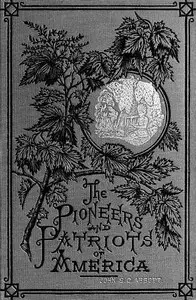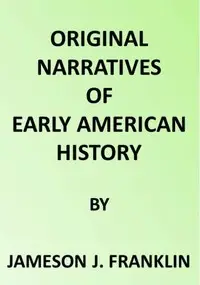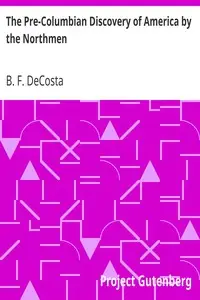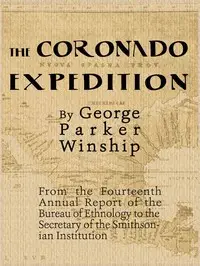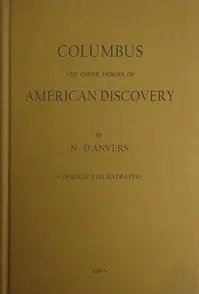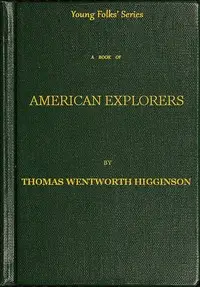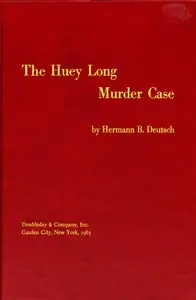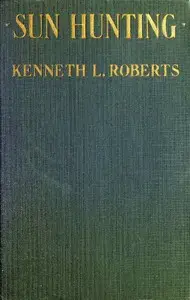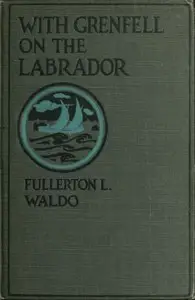"De Soto, Coronado, Cabrillo: Explorers of the Northern Mystery" by David Lavender is a historical record describing the journeys of Spanish explorers in the 1500s and their interactions with Native American tribes in regions now part of the United States. It centers on Hernando de Soto, Francisco Coronado, and Juan Rodríguez Cabrillo, framing their adventures as a quest for riches mixed with religious spread, thereby challenging the conventional narrative of early America, which frequently gives more importance to the more northern and western European arrivals after the Spanish. Lavender paints these explorers as driven by both personal ambition and the cultural and religious beliefs of their time, which caused significant, complex encounters and clashes with established societies.
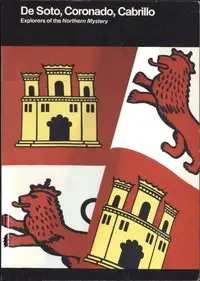
De Soto, Coronado, Cabrillo: Explorers of the Northern Mystery
By David Lavender
Driven by a thirst for riches and a zealous faith, three Spanish adventurers ventured into unknown lands, setting the stage for conflict with Native American tribes and forever changing the course of history.
Summary
About the AuthorDavid Sievert Lavender was an American historian and writer who was one of the most prolific chroniclers of the American West. He published more than 40 books, including two novels, several children's books, and a memoir. Unlike his two prominent contemporaries, Bernard DeVoto and Wallace Stegner, Lavender was not an academic. Much of his writing was influenced by his first-hand practical knowledge of the American West and the historical realities and locations depicted in his books—in the mines, on the trails, in the mountains, and on the rivers. Lavender was a two-time nominee for the Pulitzer Prize, and was widely admired by scholars for his accuracy and objectivity.
David Sievert Lavender was an American historian and writer who was one of the most prolific chroniclers of the American West. He published more than 40 books, including two novels, several children's books, and a memoir. Unlike his two prominent contemporaries, Bernard DeVoto and Wallace Stegner, Lavender was not an academic. Much of his writing was influenced by his first-hand practical knowledge of the American West and the historical realities and locations depicted in his books—in the mines, on the trails, in the mountains, and on the rivers. Lavender was a two-time nominee for the Pulitzer Prize, and was widely admired by scholars for his accuracy and objectivity.

